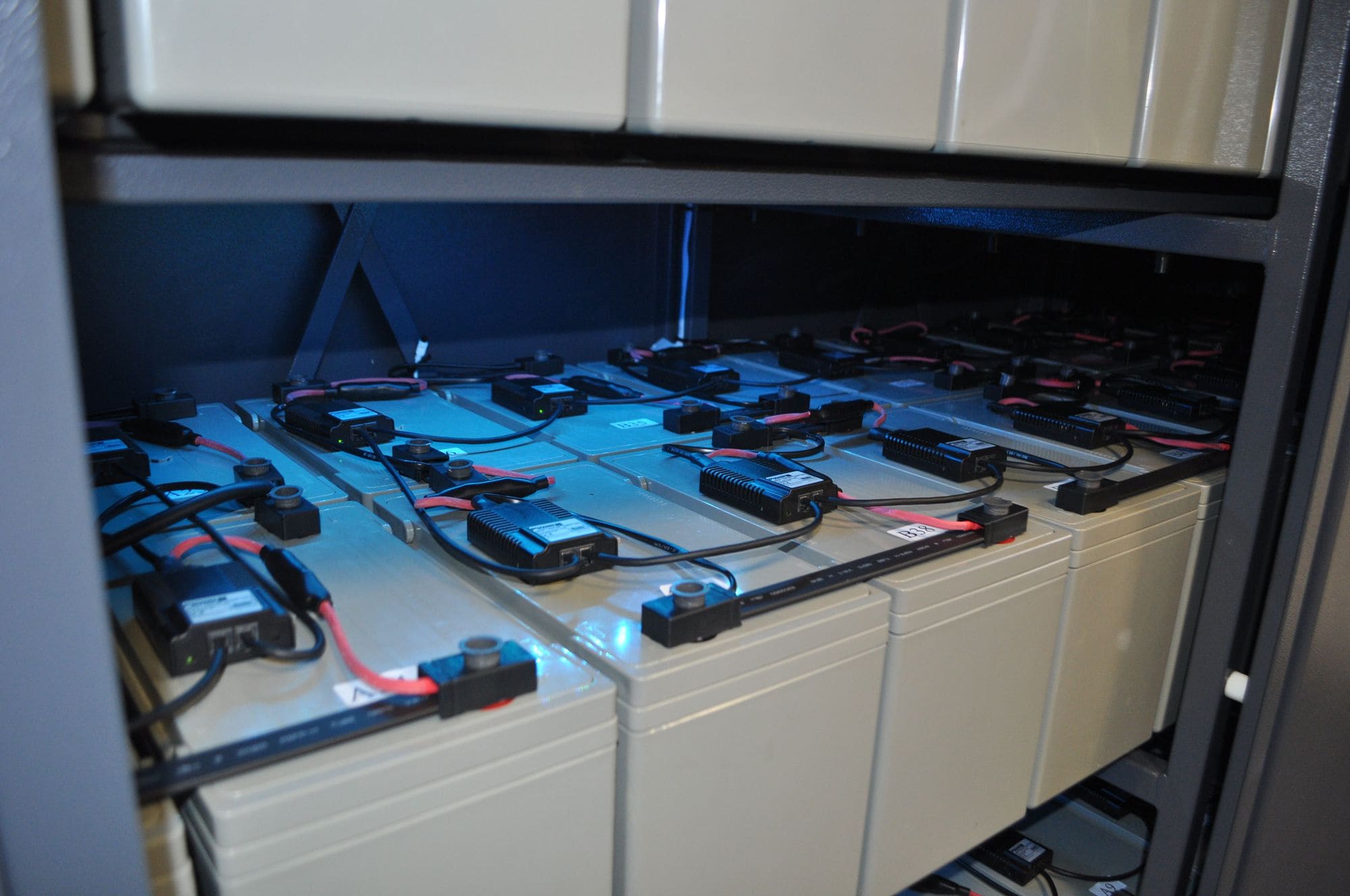In this article, Alan Luscombe, director at KOHLER Uninterruptible Power Ltd., a KOHLER company, explains why professionally designed and fulfilled service contracts are so vital to UPS reliability.
Any organisation that invests in an uninterruptible power supply (UPS) expects it to support their mission-critical ICT resource by supplying clean, uninterrupted power with 24/7/365 availability. There is very good motivation behind this expectation – statistics published by Datacenter Dynamics Focus magazine in December 2013 showed that one minute of datacentre downtime costs on average £4,800. As a typical incident lasts 86 minutes, the average cost per incident reaches £412,800.
A properly serviced UPS can operate safely and reliably for over 15 years. Yet, often more time and energy is invested in deciding which UPS to buy than in selecting an appropriate service plan. In KUP’s experience, however, both considerations are vitally important. Accordingly, with the risk to revenue and reputation so high, it’s clear that investment in a professional service plan will likely be repaid many times over.
However, to fulfil this critical role successfully, the service plan must be designed and implemented to match the user’s operating conditions while also allowing for the realities of UPS component weaknesses. We can start by reviewing the most common causes of UPS failures, then show how service plans address and prevent these.
Why UPSs fail
Bad batteries are responsible for typically 20% of UPS failures. Premature failures can be disastrously unexpected, if users have been relying on manufacturer estimates of battery life. These are often based on a steady operating temperature of 20°C and zero working cycles. However, real-world operation involves both cycling and running at elevated temperatures. In reality, battery life is typically reduced by 50% for every 10°C rise in operating temperature.
While finite battery life is inevitable, the right service and maintenance procedures can prevent it from causing a UPS failure. A battery self-test should be run every 30 – 60 days, with a more specialist test every six months, as well as impedance testing. Batteries should be renewed after 80% of their theoretical life, and a monitoring system should be deployed to catch any unexpected problems early.
UPSs contain typically 12 or more electrolytic capacitors, which will age at a rate influenced by electrical and thermal stress. As for batteries, service life rating is just a guideline and cannot be used for accurate planning, while a capacitor failure will often drive a UPS into bypass mode. Problems can be prevented by visual inspection during preventative maintenance sessions, and by replacing capacitors every 5 – 9 years.
Fans can also cause an unwanted switch to bypass if they overheat; their lifespan depends on the electrical and mechanical quality and specifications. They should be visually inspected during preventative maintenance and replaced after 3 – 4 years, and again after 7 – 9 years, to ensure a high MTBF.
Other causes of failure include lightning damage, vibration, blocked air filters causing overheating, input power filters causing cable and choke overheating, and contact failures due to deposit build-up.
Firmware upgrades incorporating the latest operational enhancements can help to optimise performance.
Specifying an effective service plan
An effective service plan should comprise annual scheduled preventative maintenance (PM) visits for both the UPS and its batteries, as well as facilities for emergency call-outs on demand. Trained engineers and technicians should be available 24/7, and based close enough to ensure arrival on site within contractually-agreed response times. This personnel should be backed with immediate access to a comprehensive local spare parts inventory, and more in-depth technical support if required.
Interested parties should be able to pre-empt UPS problems as far as possible through battery monitoring and impedance testing, remote monitoring with monthly trend reporting, and 24/7 alarm notifications.
The service plans must be well-managed, both to ensure their efficacy, and to maintain accurate budgetary control. Tasks include maintaining accurate monthly service records and replacement planning with time and budget considerations. Fulfilling recommended part replacement cycles, once agreed, is important.
Good management also depends on profiling a service contract to each installation’s particular circumstances; the type and size of the load, and how business-critical it is. Is 24/7 coverage needed for 365 days a year? Also, should parts and labour be included, or treated as chargeable extras? In practice, battery and capacitor parts and labour are typically excluded.
The ideal number of scheduled preventative maintenance visits per year depends on the power system topology; single-phase installations can be safely supported with a single annual PM visit, while three-phase systems warrant two annual visits. PM visit times – during or outside normal working hours, or at weekends – should be specified, while guaranteed response time frames should be established. Popular choices include 4hr, 6hr, 8hr, End of Next Working Day or Next Day.
In KUP’s experience, 70% of their customers choose a fully comprehensive 24/7 service contract with a guaranteed 6 hours’ emergency response. UPS parts and labour, apart from batteries and capacitors, are included, together with two preventative maintenance visits per year scheduled during normal working hours.
Conclusion
KUP is well equipped to agree and then deliver an efficiently profiled and effective service plan as described. The company offers 24/7/365 nationwide UK and Ireland coverage, with guaranteed on-site response times and an extensive nationwide spare parts inventory. All field-based and office support personnel are fully trained and accredited KUP employees. Multi-vendor UPS support is available, and complete project management solutions for life-cycle management of the complete power infrastructure can be developed.






